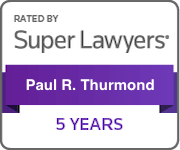
Charleston Juvenile Crimes Attorneys
Defending Clients Facing Juvenile Crime Charges in Charleston, Summerville, and Throughout South Carolina
If a child is accused of a crime, their case will progress through the family court, and a judge will determine whether or not they have committed the offense. Although the steps a juvenile criminal case may go through appear similar to those of an adult criminal, they are very different. Thus, if your child is facing charges, you need a juvenile crimes attorney in Charleston, South Carolina, on your side who understands this system and will fight hard to protect your child's future.
At Thurmond Kirchner & Timbes, P.A., we recognize that children are still learning about the world and might make mistakes that get them into serious trouble. That is why our Charleston juvenile crimes lawyers provide compassionate yet aggressive defense to help them through this frightening time. Our team has handled various complex juvenile criminal cases in South Carolina. We know how to build innovative strategies to attack allegations and seek favorable client results. When you turn to us, we will get to know you and your child and learn about the alleged situation to develop a defense for their unique circumstances.
Call Thurmond Kirchner & Timbes, P.A. today at (843) 790-0083 or contact us online to schedule a meeting with our juvenile crimes attorney in Charleston!
The Juvenile Justice System in South Carolina: From Accusation to Resolution
In South Carolina, a juvenile will proceed through hearings and evaluations to determine how best to resolve their matter.
The exact process a child may go through depends on their circumstances but may include the following:
Accused of a Violation
A child will enter the juvenile justice system after they have been accused of a violation. In some cases, they may have allegedly committed a criminal offense. In others, the accusation may be for a status offense. Status offenses are those such as running away from home or not attending school. These violations would not result in charges if committed by an adult.
Taken into Custody
A law enforcement official will then take the child into custody. This part of the process is similar to an arrest in an adult case.
At this stage, the officer has one of two options:
- Release the child to a parent, or
- Have the child detained at a juvenile detention center
Specific eligibility requirements must be met for a child to be held by the Department of Juvenile Justice (DJJ). For instance, the child must have been accused of a violent crime or had a deadly weapon during the alleged offense.
Attend a Detention Hearing
If the child has been detained, they must be scheduled for a detention hearing. At this proceeding, which must take place within 48 hours, a judge will determine whether detaining the child is justified and whether the detention must continue.
At the detention hearing, the child should have legal representation. However, they can waive this right only after consulting with an attorney.
We Give Our Clients Peace & hope
Opinions From Those Who Matter Most
-
"I cannot recommend them highly enough."I had the pleasure of working with Thurmond Kirchner & Timbes, P.A. and I cannot recommend them enough. From the moment I walked into their office, their professionalism and expertise were evident. Every attorney and staff member I interacted with was knowledgeable and genuinely dedicated to achieving the best outcome. Their meticulous attention to detail and strategic approach set them apart.- James S.
-
"I can't thank them enough for being by my side."The TKT lawyers and paralegals are top-notch when it comes to legal representation. They are thorough, professional, and do not stop until the obtain the best outcome for your situation. They always ensure you understand what is going on and never leave you in the dark. The team is understanding and makes sure you never face the legal system alone. I can't thank them enough for being by my side.- Timothy C.
-
"The firm has your back 100% of the time."Thurmond Kirchner & Timbes, P.A. has helped with all of our legal issues. You are always in expert hands and the firm has your back 100% of the time. Highly recommend their expertise for any legal needs.- Maria J.
-
"Qualified Attorney With High Character and Integrity"Chris Romeo (and his team) exceeded my expectations when handling an auto accident case for me.- J.W.
-
"Masterful Results"No one thinks of litigation as fun, however, in my own complicated case, I can tell you Jesse Kirchner not only made it "fun" but actually, interesting.- L.H.
-
"They Work Hard & Get The Job Done For You!"We are very pleased with Christopher Romeo and his Paralegal April Warford. They work hard to get the job done for you.- A.E.
-
"I Was Never Once Judged"Mr. Thurman and his staff were very professional and efficient. They worked hard to get my case dismissed.- C.P.

What Are the Penalties for Juvenile Crimes in South Carolina?
Technically, if a family court judge decides that the child committed the violation, they will be adjudicated delinquent and not "convicted" of the crime.
If a child is adjudicated delinquent, they may face the following sanctions:
- Probation
- Determinate commitment to a DJJ facility
- Indeterminate commitment to a DJJ facility until the child's 21st birthday
The sentence imposed depends on the particular facts of the child's case.
Our juvenile crimes lawyers help those in Charleston and Summerville with legal matters involving minors. We know what impacts being adjudicated delinquent can have, so we fight hard for your child's optimal result.

Why Choose us?
Knowledge. Experience. Results.
-
12 Attorneys on Staff
-
We Educate Our Clients on the Legal Process With Its Inherent Risks & Rewards
-
Our Firm Develops a Unique Strategy for Each Case
-
We Are Boutique Firm With Large Firm Experience & Reputation
-
Each Client Receives Transparent Communication & Personalized Attention
-
Your Initial Consultation Is Free & Confidential
Can a Minor Be Tried as an Adult in South Carolina?
Generally, if a child is accused of a crime, the juvenile justice system will handle their case. However, in some situations, they could be prosecuted as an adult.
In South Carolina, a child can be tried as an adult when they:
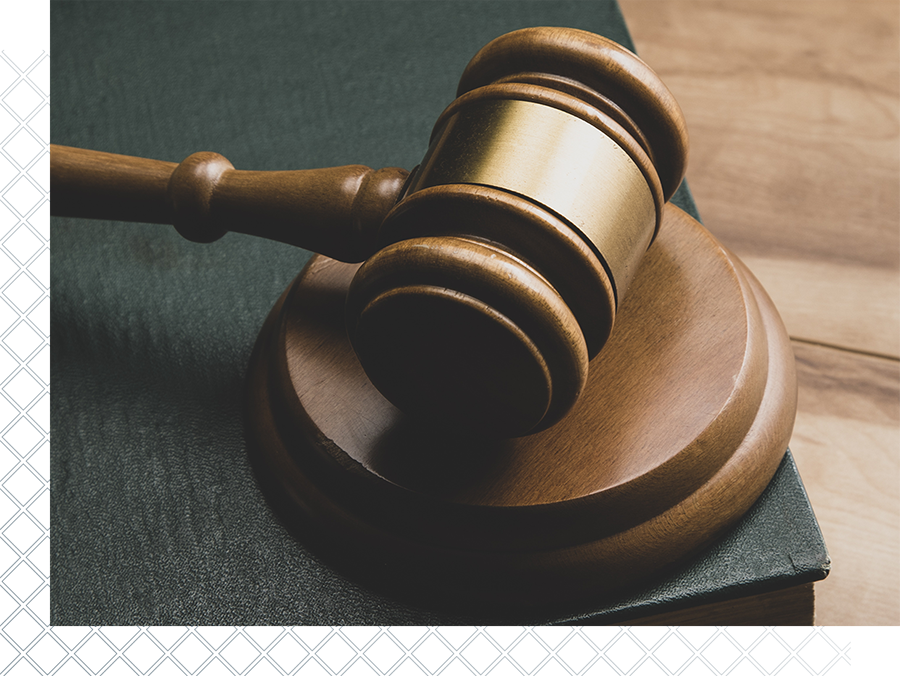

Awards & Professional Affiliations
Respected By Our Clients & Peers

Contact Our Firm Today for Your Free Consultation!
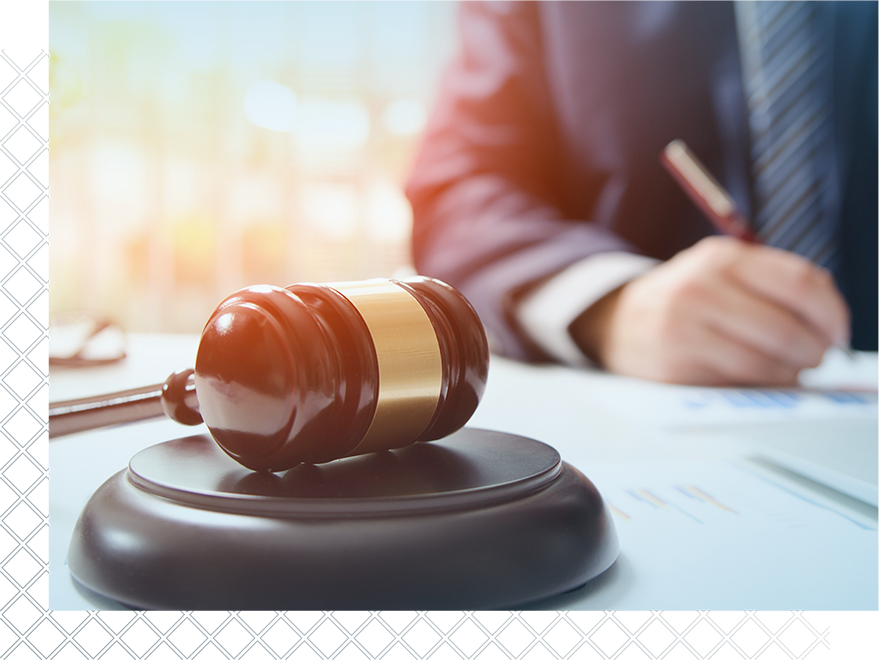






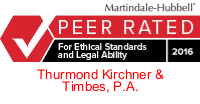



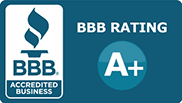

.2302281432490.png)
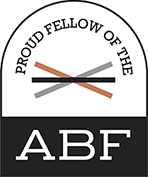
.2510080906536.png)



